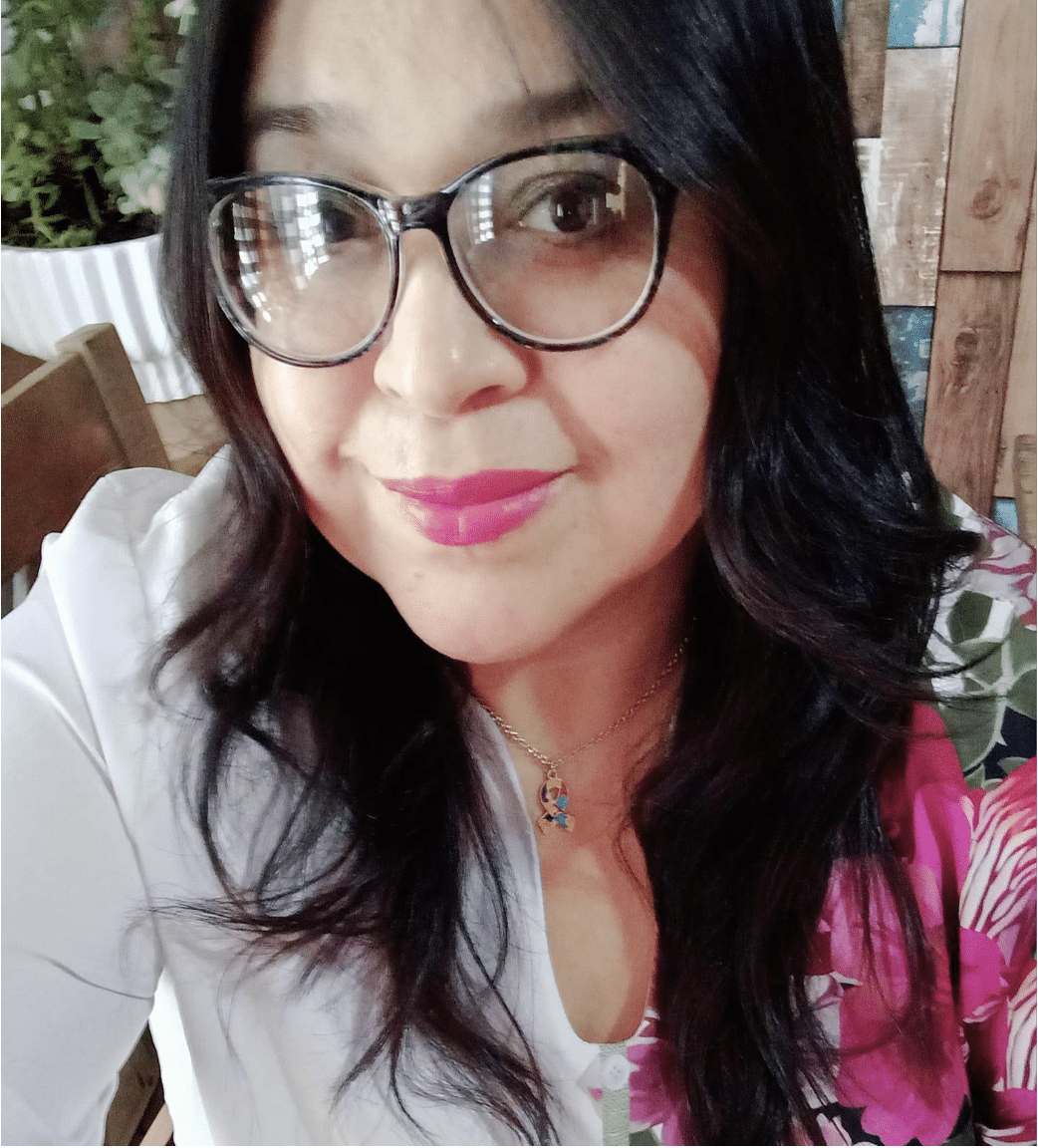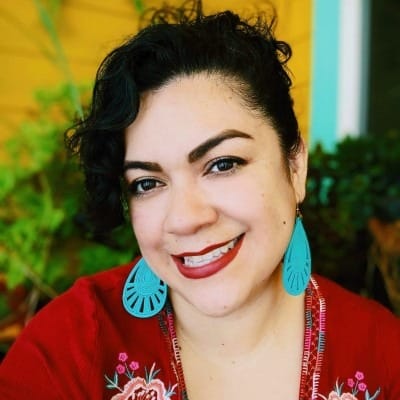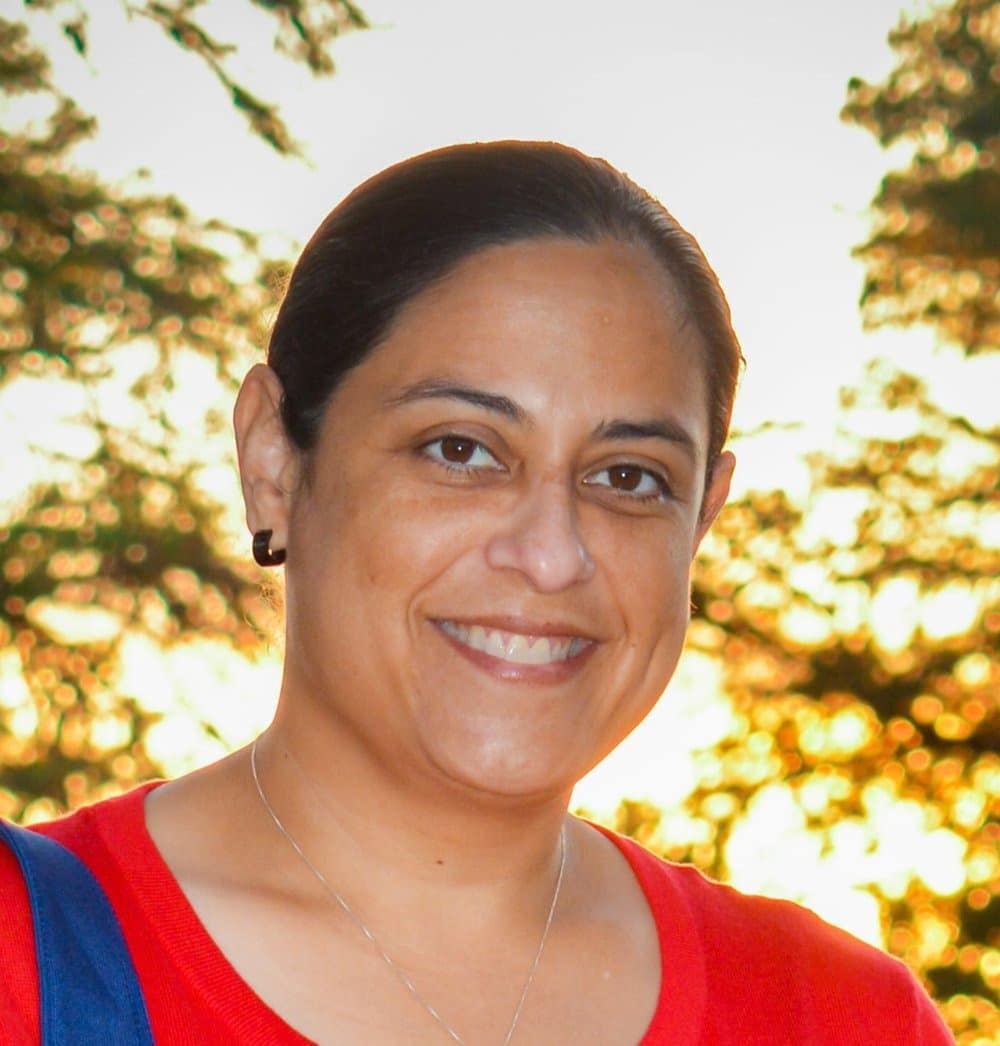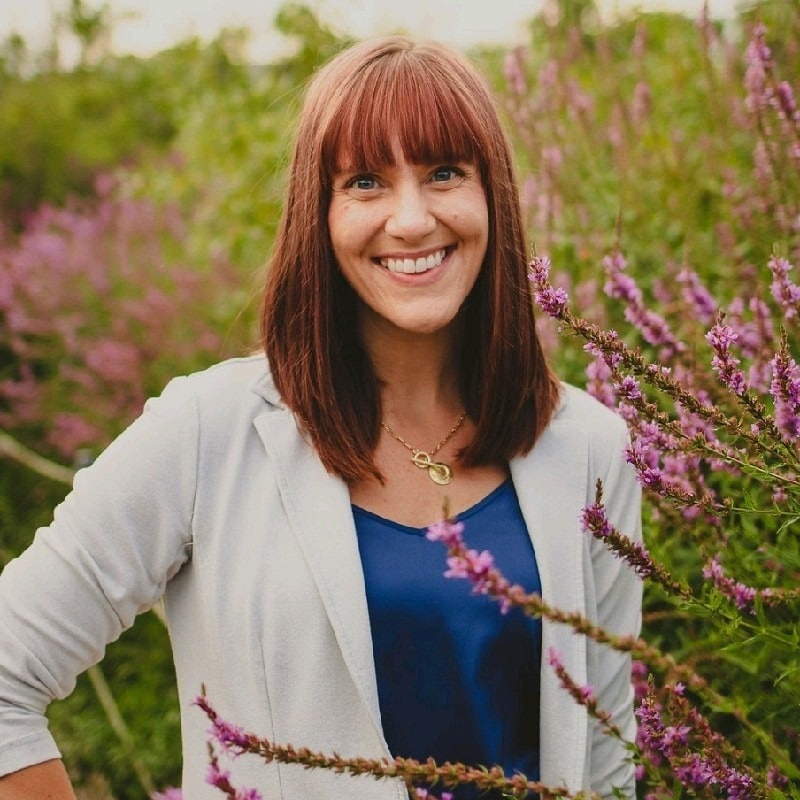Breaking Barriers: The Transformative Engagement Alliance’s Mission to Connect Schools and Non-English-Speaking Families
Haz clic aquí para español
Introduction
The Transformative Engagement Alliance, a Community of Action (CoA) grant winner, emerged from a shared understanding of a critical issue: the communication gap between schools and non-English-speaking families, particularly those with neurodivergent students. This disconnect has long-standing effects on student success, making it imperative to develop a solution that fosters meaningful and inclusive family engagement.
The Communication Gap: A Systemic Challenge
For many non-English-speaking families, navigating the education system is an uphill battle. Essential information about school policies, individualized learning plans, and student progress is often inaccessible due to language barriers, leaving families feeling unheard and disconnected from their child’s education.
Delia Ruiz, Operations Manager at MindShiftED, sees this issue firsthand. “Many families we work with are already navigating complex systems like special education. Language barriers make it even harder, leaving parents without a voice in their child’s education.”
Maribel Gardea, Executive Director and Founder of the MindShiftED Parent Institute, has spent years working with families in similar situations. “The challenge is twofold—not only are schools not communicating effectively, but many parents don’t feel empowered to advocate for their children. We knew we had to create a framework that would address both sides.”
For Maria Ibarra, a mother, activist, and advocate for the rights of Spanish-speaking families in special education, this issue is deeply personal. “Language should never be a barrier to a child’s success. Our work is about ensuring that families are informed, empowered, and included in every decision that impacts their children.”
Even when language support exists, it is not consistently or effectively implemented for many families. Teachers who speak Spanish may still choose not to use it in formal communications, and translation resources are often limited. These barriers contribute to the feeling of isolation and disengagement among non-English-speaking families. Schools need structured, intentional approaches to ensure that communication is accessible, reliable, and proactive.
As Selene Lozada, a consultant, and Director of the Parent Leadership Team, affirms, language barriers often prevent immigrant families, especially those with children with disabilities from accessing critical information needed to advocate for their children’s rights and secure appropriate support.
A Collaborative Solution: Innovation Through Partnership
EALA hosts a Community of Action, a convening that unites a diverse group of professionals—including educators, school leaders, researchers, and advocates—to collaboratively address challenges faced by students with disabilities and learning differences. During the December 2024 CoA convening, the team united around a single goal—breaking down systemic language barriers. Initially, they considered developing new tools, such as video-based resources, but after reviewing existing solutions, they saw a bigger need: a structured framework that schools could use to assess and improve their communication strategies.
This realization led to the development of a standardized rubric, a tool designed to help schools evaluate their engagement efforts and implement measurable improvements. “We wanted to ensure that school-family communication wasn’t just an expectation—it needed to be a structured and trackable practice,” Ruiz explained.
Creating this rubric wasn’t without challenges. Working across multiple cities, the team had to navigate differences in school policies, cultural nuances, and logistical constraints. “One of our biggest priorities was making sure that the rubric reflected the real experiences of families,” Ibarra emphasized. “It wasn’t just about developing a tool—it was about creating something schools could actually use.”
Gardea described the process as iterative and community-driven. “We refined the rubric through multiple feedback loops, ensuring it was practical, adaptable, and rooted in the lived experiences of parents and educators alike.”
Lozada noted, “During this period, it was essential for organizations to exchange insights derived from their varied experiences across their different states. Such collaboration not only enhanced their collective understanding but also facilitated the development of a more effective rubric grounded in their shared knowledge and prior research.”
The Rubric: A Practical Framework for Inclusive Engagement
This project is designed to develop an effective communication model that fosters collaboration between families of children with special needs and educational institutions. Through this initiative, we aim to identify schools that employ innovative communication strategies, ensuring that both students and their families feel valued and heard while also addressing their children’s specific needs comprehensively.
To help schools move from intention to implementation, the Transformative Engagement Alliance developed a rubric that provides clear benchmarks and accountability measures. Unlike many existing engagement efforts that lack concrete implementation steps, the Transformative Engagement Alliance’s rubric provides clear benchmarks and accountability measures for schools.
“Instead of assuming they are effectively engaging families, schools can now assess their communication strategies in a structured way,” Ruiz explained. “This framework ensures that engagement isn’t just a check-the-box activity—it becomes an intentional, data-driven effort.”
Gardea elaborated on the rubric’s functionality. “By tracking its usage, we can gauge each school’s commitment to inclusive communication and make targeted improvements. This isn’t about vague recommendations—it’s about actionable change.”
Many families have expressed that schools need to go beyond basic translation services and build a culture of active listening and responsiveness. Creating spaces where parents feel comfortable sharing their concerns and ensuring that feedback leads to action is a crucial part of the engagement process. The rubric helps schools establish these best practices, ensuring that communication is not only present but also effective.
Feedback and Future Impact
Early feedback has been overwhelmingly positive. The team launched a survey, receiving 27 responses within the first three days, indicating how eager families are to participate in shaping school engagement practices.
“This early input is proving invaluable,” Gardea noted. “It’s helping us refine the rubric to better meet the needs of schools and families.”
The next phase involves piloting the rubric across 150 schools in Minnesota, Texas, and Nevada, collecting data to assess its effectiveness and make further refinements. “Our immediate goal is to gather robust data from our pilot programs to develop a streamlined, user-friendly rubric that can be widely adopted,” Ruiz explained.
Looking ahead, the Transformative Engagement Alliance is focused on sustainability and scale. By forming strategic partnerships with schools, districts, and advocacy organizations, they aim to embed effective communication practices into the fabric of the education system. “Our long-term vision is to make this work standard practice,” Ibarra said. “We want to empower families and ensure that language access and inclusion are fundamental expectations, not exceptions.”
Conclusion
Through collaboration, innovation, and a commitment to equity, the Transformative Engagement Alliance is changing how schools engage with families. By breaking down language barriers and creating structured, accountable engagement strategies, they are ensuring that every family, regardless of their primary language, has a voice in their child’s education.
When parents feel included and heard, they are more likely to engage, participate in school activities, and advocate for their children. Schools that prioritize accessible and responsive communication foster stronger relationships with families, ultimately improving student outcomes. This initiative is not just about communication; it is about systemic change. And for families across the country, that change cannot come soon enough.
Reflections
Implementing a Structured Communication Framework
Motivated by firsthand experiences and shared challenges across states, the Transformative Engagement Alliance developed a standardized family engagement rubric to help schools evaluate and improve communication with non-English-speaking families—particularly those with neurodivergent children. Built collaboratively and refined through ongoing feedback, the rubric turns communication into a structured, trackable practice rather than a one-time effort.
Vision for the Future
One of the most powerful realizations from this work was that language should never be a barrier to participation. By centering the voices of families, the team worked to shift how schools approach communication—creating spaces where listening, trust, and shared decision-making are the norm. The goal is to ensure these practices become embedded across school systems, so every family feels seen, informed, and supported.
Big Takeaways
Let Experience Lead: Parents, educators, and advocates shaped a rubric grounded in real-life challenges and insights. Collaboration Across States Matters: Diverse team members shared knowledge and built a tool that reflects a wide range of school and family experiences. Feedback is Fuel: Early responses from families helped improve the tool and showed just how eager communities are to be involved. Consistent Communication Creates Stronger Schools: When schools commit to clear, responsive engagement, families are more likely to show up, speak out, and stay involved.
About The Author
Maria Ibarra resides in Las Vegas, Nevada. She is a dedicated mother, activist, and advocate for the rights of Spanish-speaking families in special education. She is the founder of Nuestro viaje con el autismo, a Facebook page with over 190,000 followers, where she provides support, workshops, and guidance to parents of children with autism, not only in the United States, but also in Latin America. In Las Vegas, she leads the Lugar de Refugio/Nuestro viaje con el autismo group, a space for emotional and educational support for those who face language barriers in the educational system.
Maria is part of Parent to Parent of Nevada at the University of Reno where she supports other parents who need guidance. Maria has offered informational workshops in the community, teaching Spanish-speaking families how the educational system works and how they can advocate for the rights of their children in special education. These workshops have been instrumental in empowering families and ensuring that they understand their rights.
Her motivation comes from her personal experience with her son Elias, who has autism level 3 and is non-verbal. After Elias went through several schools where, due to the language barrier, he did not receive the necessary support, Maria decided to be her son’s advocate. She began to learn about the educational system and became committed to defending Elias’ rights, ensuring that he received the education he deserved.
In addition to her advocacy work, Maria is writing a book about her experiences with her autistic son, where she combines testimonies, reflections and practical advice. She is also passionate

A proud product of Texas public schools, Maribel grew up in Laredo and pursued a degree in communications. After the birth of her second son, who was born with severe disabilities, she left a career in marketing to fully dedicate herself to advocating for his needs. This personal journey fuels her passion and informs her work, as she draws on her lived experience to champion the causes of other parents. Maribel believes in the power of collective action, and through MindShiftED, she works to ensure parents’ voices are at the forefront of educational transformation in San Antonio.


Delia Ruiz joined the MindShiftED Parent Institute in 2020, where she graduated from our second cohort as a Parent Leader. By 2021, she officially joined the organization as an Organizer, taking on increasingly significant roles, including Assistant Programs Officer and her current position as Operations Manager for the Parent Institute. Delia’s expertise lies in her ability to develop and implement detailed processes and guidance, ensuring the organization operates with precision and efficiency. She excels in bilingual communication, bridging gaps between English- and Spanish-speaking families to foster meaningful connections and equitable access to resources. Delia is also highly proficient in technology, adapting and adopting innovative tools to enhance organizational workflows while ensuring her teammates have the necessary skills to utilize them effectively. In addition to her operational strengths, Delia is an avid historian of San Antonio’s rich history, bringing valuable cultural insights to her work with families and the community. She also plays a vital role in supporting grant writing and budget management for the organization, ensuring that financial resources align with program goals and mission objectives. With her comprehensive skill set and ability to lead with empathy and precision, Delia is poised to make a significant impact on this project and beyond. Delia will provide additional support by creating forms, processes, and tracking budgets as necessary, ensuring the partnership operates efficiently and with transparency. Maribel and her team will also lead efforts in distributing and gathering feedback through interviews and surveys, ensuring the voices of the community are heard.

Kate Bartlein is a senior project manager at the National Center for Learning Disabilities, with over a decade of experience in disability and mental health advocacy. She has supported families navigating Minnesota’s special education and mental health systems and trained educators in emotional regulation, behavior support, and neurodivergent, trauma-responsive IEPs.
Previously with Minnesota’s Department of Human Services, Kate focused on inclusive communication with individuals with disabilities and their families. She holds a degree in psychology and is a published children’s book author.
As a neurodivergent parent of a neurodivergent child, Kate brings personal and professional insight to her work. Her lived experience and deep commitment fuel her work to build inclusive, supportive systems for all learners.
